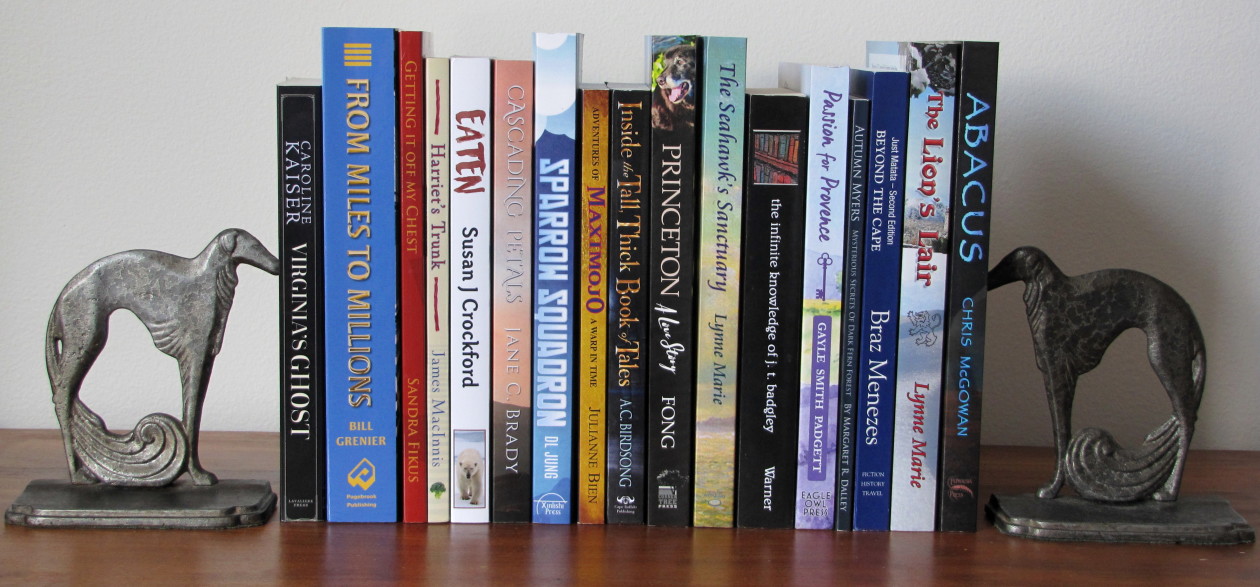In 19th-century novels, it’s not at all unusual to come across dialect that is written phonetically. Consider the following, an exotic bit of Yorkshire dialect from a servant named Joseph in Wuthering Heights, which was published in 1847: “There’s nobbut t’ missis; and shoo’ll not oppen ‘t an ye mak’ yer flaysome dins till neeght.” Taken out of context like this, this snippet is nearly incomprehensible; it’s almost impossible to know precisely what Joseph is getting at. (All I know for sure is that he’s telling Heathcliff’s tenant, Mr. Lockwood, that the mistress of Wuthering Heights is not going to let him in). It’s not just the bizarre vocabulary (those pesky flaysome dins) that makes it hard to comprehend, but also the peculiar spellings of familiar words, such as shoo’ll for she’ll, and neeght for night.
Would 19th-century readers have understood any better than we do what Joseph was saying? It’s difficult to know for sure, but I would imagine that at the very least, they would have expected to see phonetically written dialect in novels. After all, such a detailed and realistic rendering of speech would have functioned to clearly convey the speaker’s social standing and level of education, which were important preoccupations at the time, especially in England. But does such dialect have any place at all in 21st-century fiction?
Many contemporary authors, particularly in fantasy and historical genres, continue to attempt phonetically written dialect. I’ve edited about half a dozen such authors over the past year or so, and I continue to puzzle over the question of how much is too much. Current authorities on writing fiction feel strongly that any at all is way too much, and that words like ye and yer, and even dropped gs, should go the way of the dodo. The trend is to shun what Renni Browne and Dave King, authors of Self-Editing for Fiction Writers, call “trick spellings and lexical gimmicks.” Instead, writers are advised to concentrate on adjusting word choice, grammar, and syntax to convey a person’s social status through speech. There is no question at all that this is excellent advice.
The main argument against phonetically written dialect is that it’s simply too hard to read, and naturally it’s impossible to be in favour of anything that destroys clarity in writing. Readers should never get bogged down in dialogue and feel that they have to translate it into English. And if they have to read it multiple times to get the gist of it, then the lexical tricks are clearly overdone. However, is it fair to eliminate all phonetically written dialect? If it was good enough for a literary giant such as Emily Bronte, shouldn’t it be good enough for contemporary writers?
Although I usually advise clients that phonetically written dialect is out of fashion, many still insist on using it because they feel it adds the right note to their work, particularly if the novel takes place in a bygone era. I ask them to consider the tastes and expectations of their audience and sometimes ask them, “Would your readers have trouble with this?” One of my clients gave her novel to several readers to evaluate (a practice I highly recommend). Many of them had read widely in the genre she was writing in. She made a point of asking them specifically whether they could understand the dialect, and most were fine with it.
If your book’s audience has little or no difficulty with phonetically rendered dialect, I see no difficulty in using it. The editing becomes a matter of making the dialogue more readable by eliminating what doesn’t work and maintaining consistency in particular dialect spellings. I tend to toss out particularly wacky spellings that seem distractingly bizarre or vocabulary that I feel most contemporary readers wouldn’t understand. To my mind, authors should err on the conservative side and remember that just a little phonetically written dialect goes a very long way. And if it really does add a little flavour and colour to a book, then that’s hardly a bad thing.

 Follow
Follow
I shunned Dickens and others for this very reason. I hate reading phonetically written dialogue — it’s just too much work. Great post, Caroline!
I’m writing a teen novel, and want to give the impression of informal, contemporary, slangy speech, though not ultra smart or edgy. So I throw in the odd “like” , use “fantastic”, “insane” and “awesome”, about once and stick the odd “Seeya”, “Dontcha” and Whaddya think” into the dialogue. I hope this gives the impression I’m after, without burdening the reader with too much translation.
That sounds about right to me, Isobel. It doesn’t sound like overuse. To me, you always seem very careful in your use of language.
I use a little bit of phonetic spelling. I’ve never had a problem understanding it when I read, so I never considered that other readers might have trouble with it. You make a pretty valid point. I’m not sure that I could give it up, though. Perhaps just tone it down a little bit.
Also, it’s just fantastic to me that the title of the very next post has a dropped g.
There’s a broad range of readers out there with a broad range of tastes, and some of them like the phonetic spellings. Although the writing experts provide excellent “rules” that all editors should know, I exercise my own judgment as to what works and sometimes break the rules when it seems reasonable to do so.
The title of the next post is from the Gershwin song “Summertime,” and when I checked the lyrics, sure enough, they’d dropped the g!